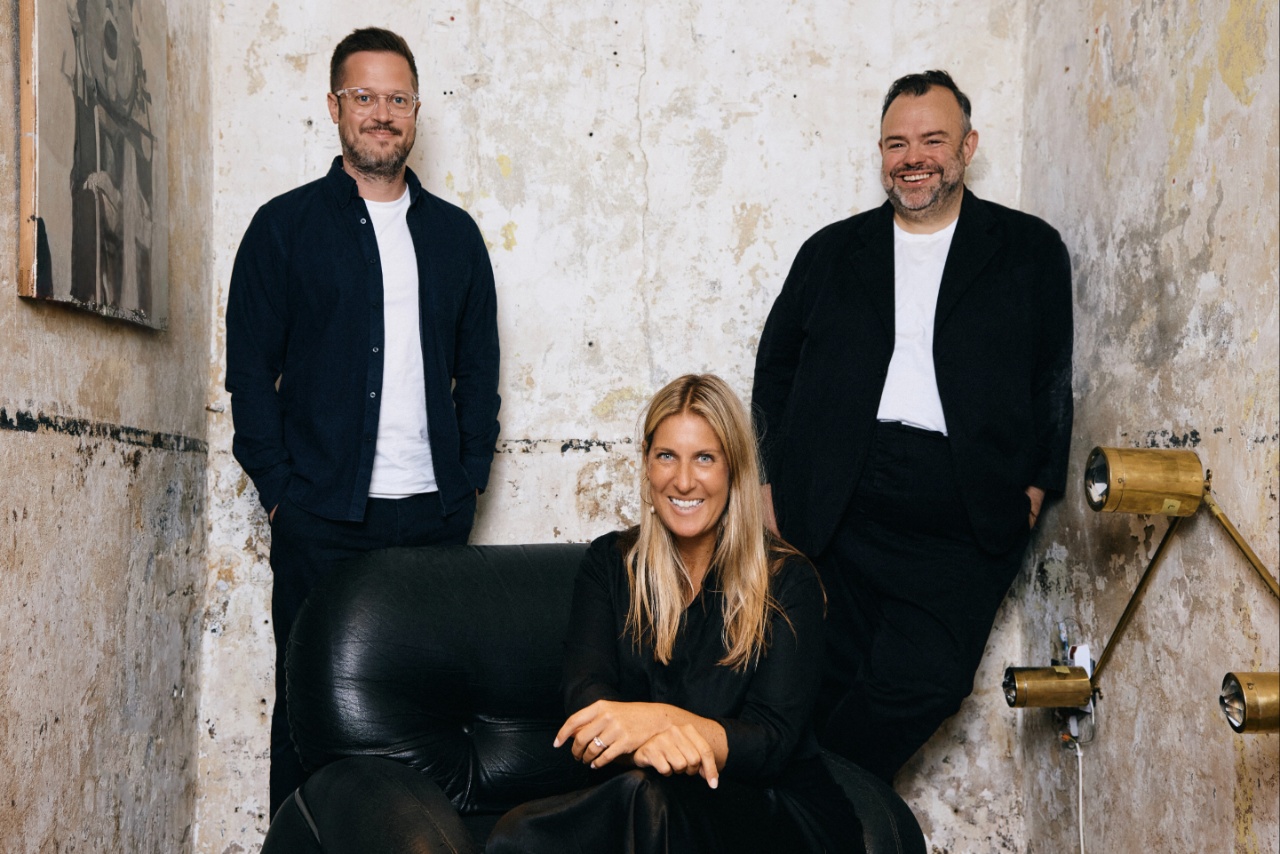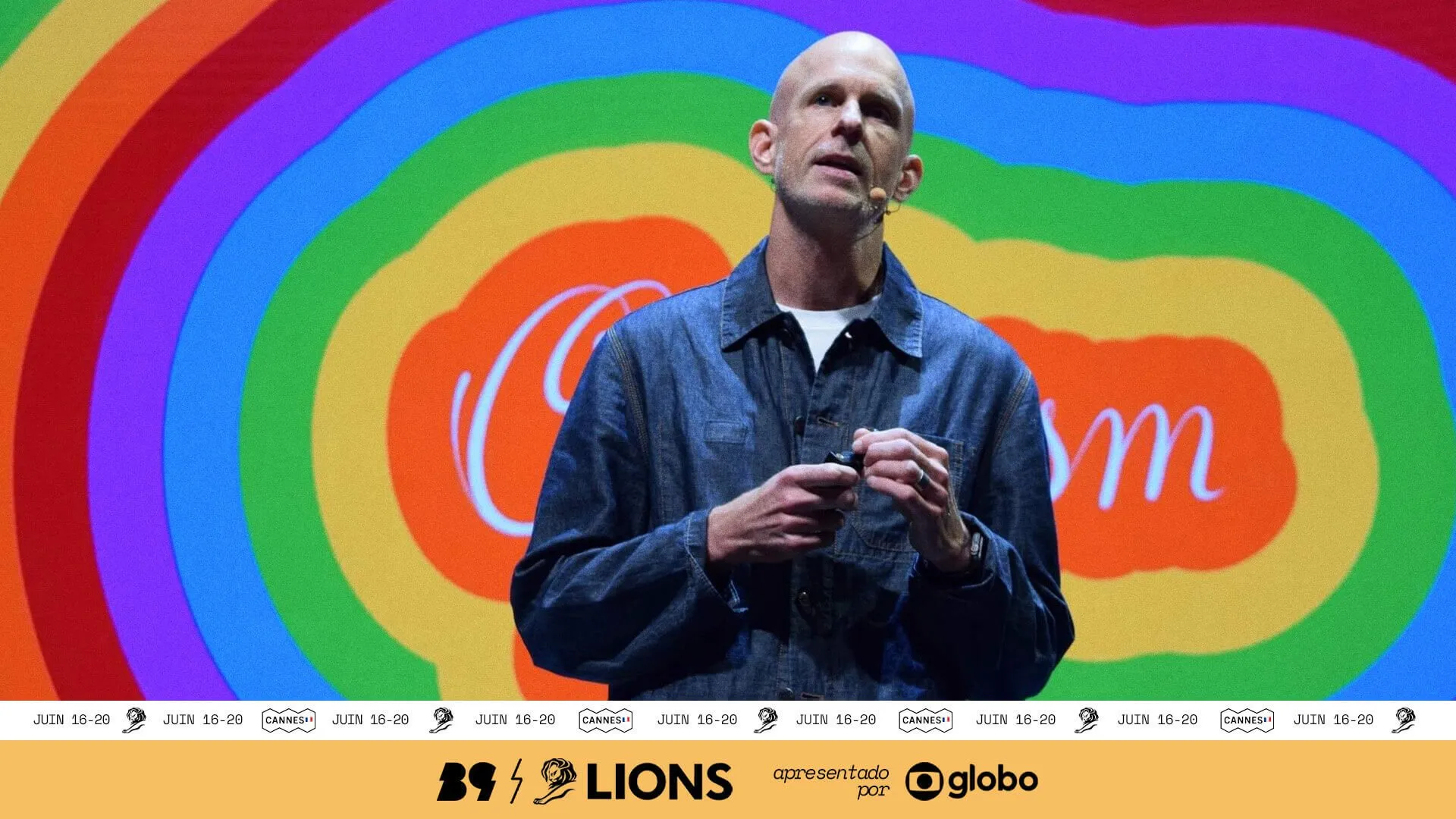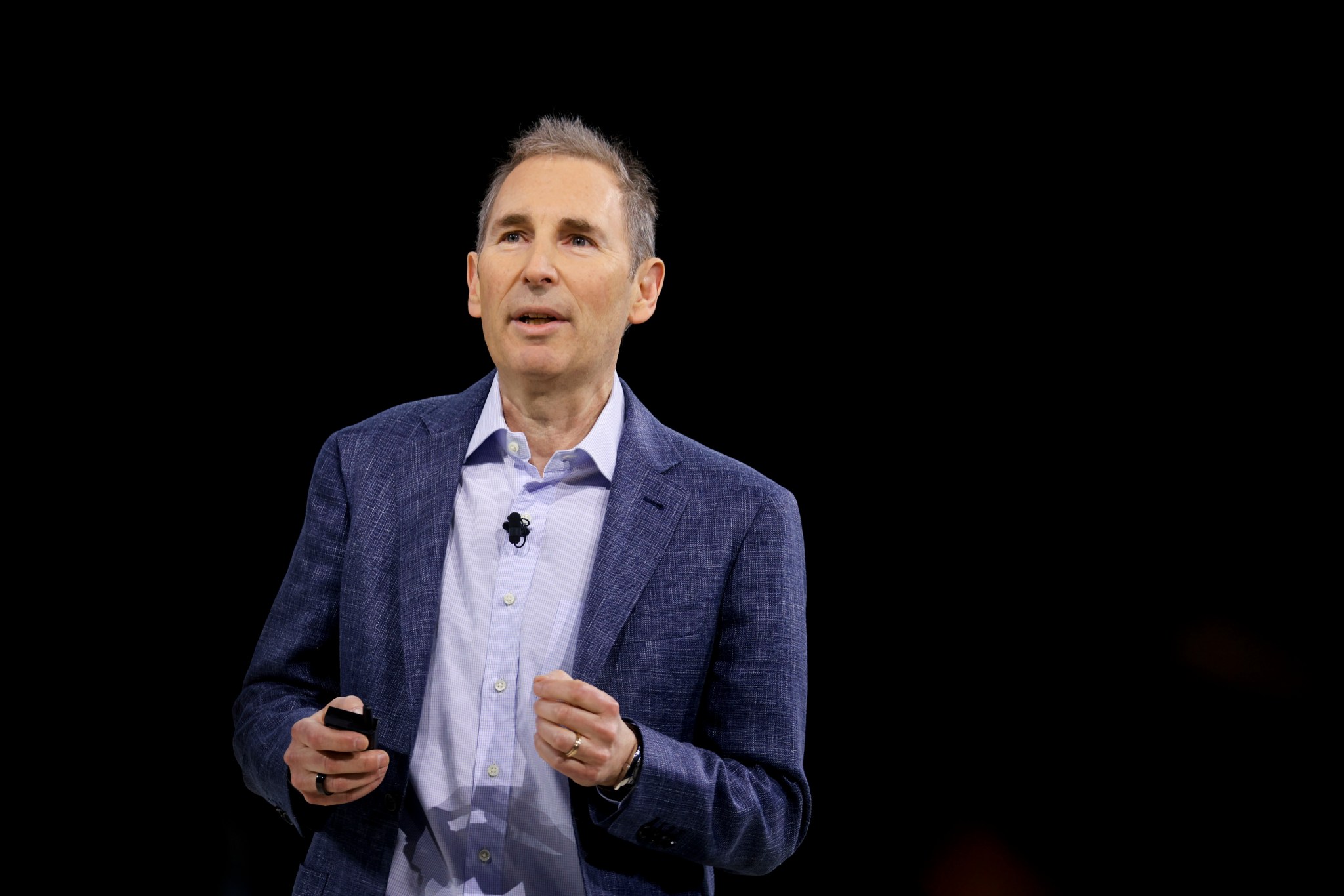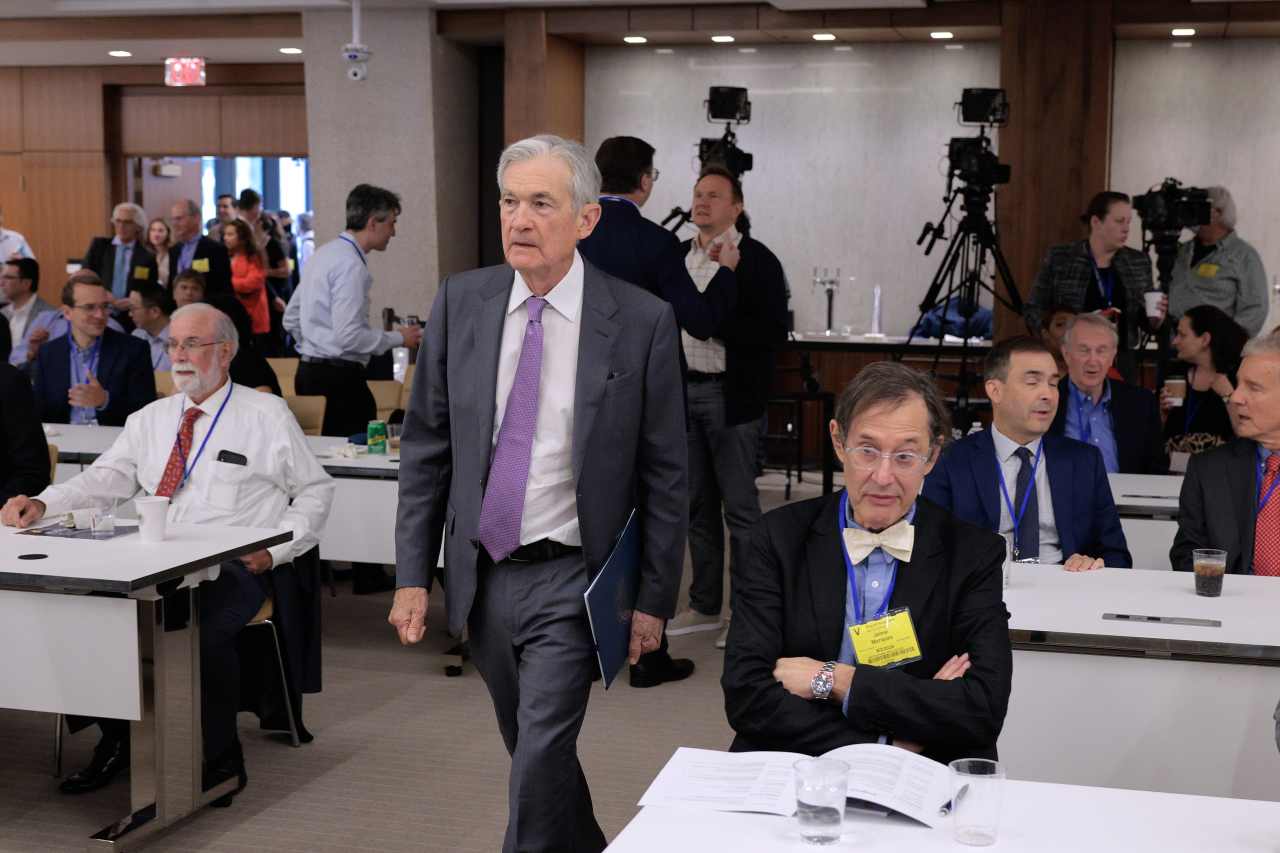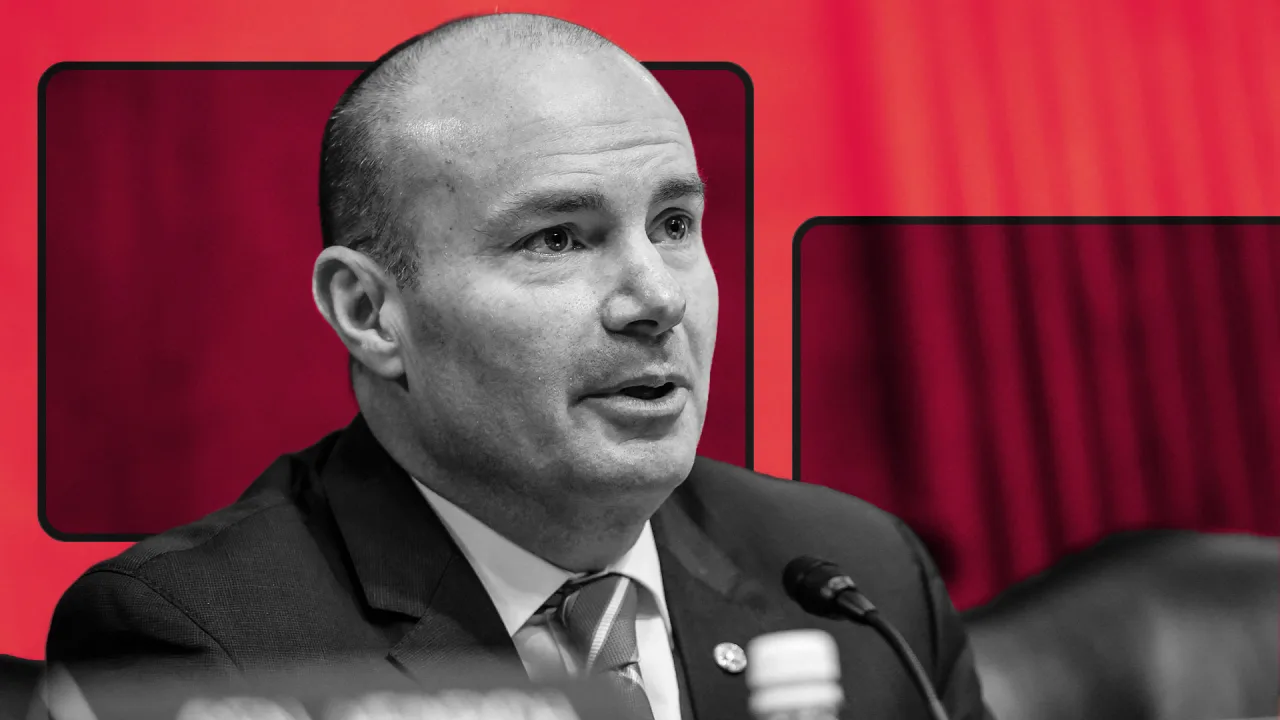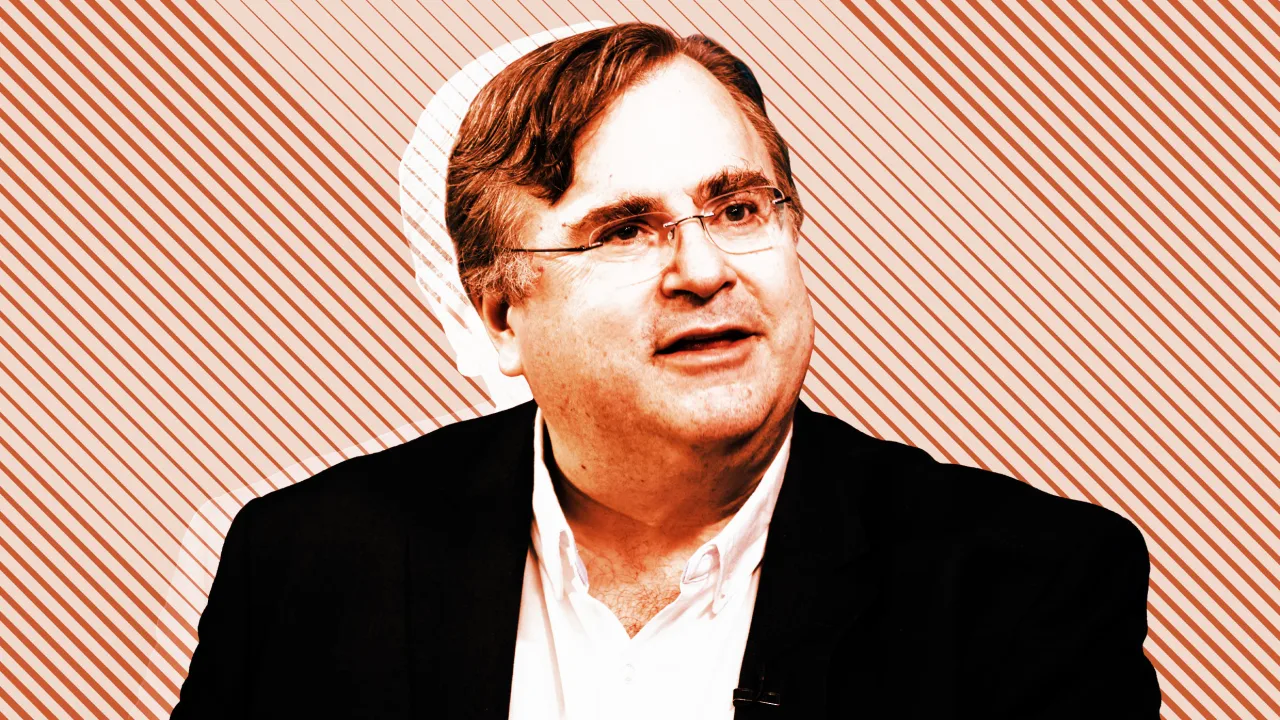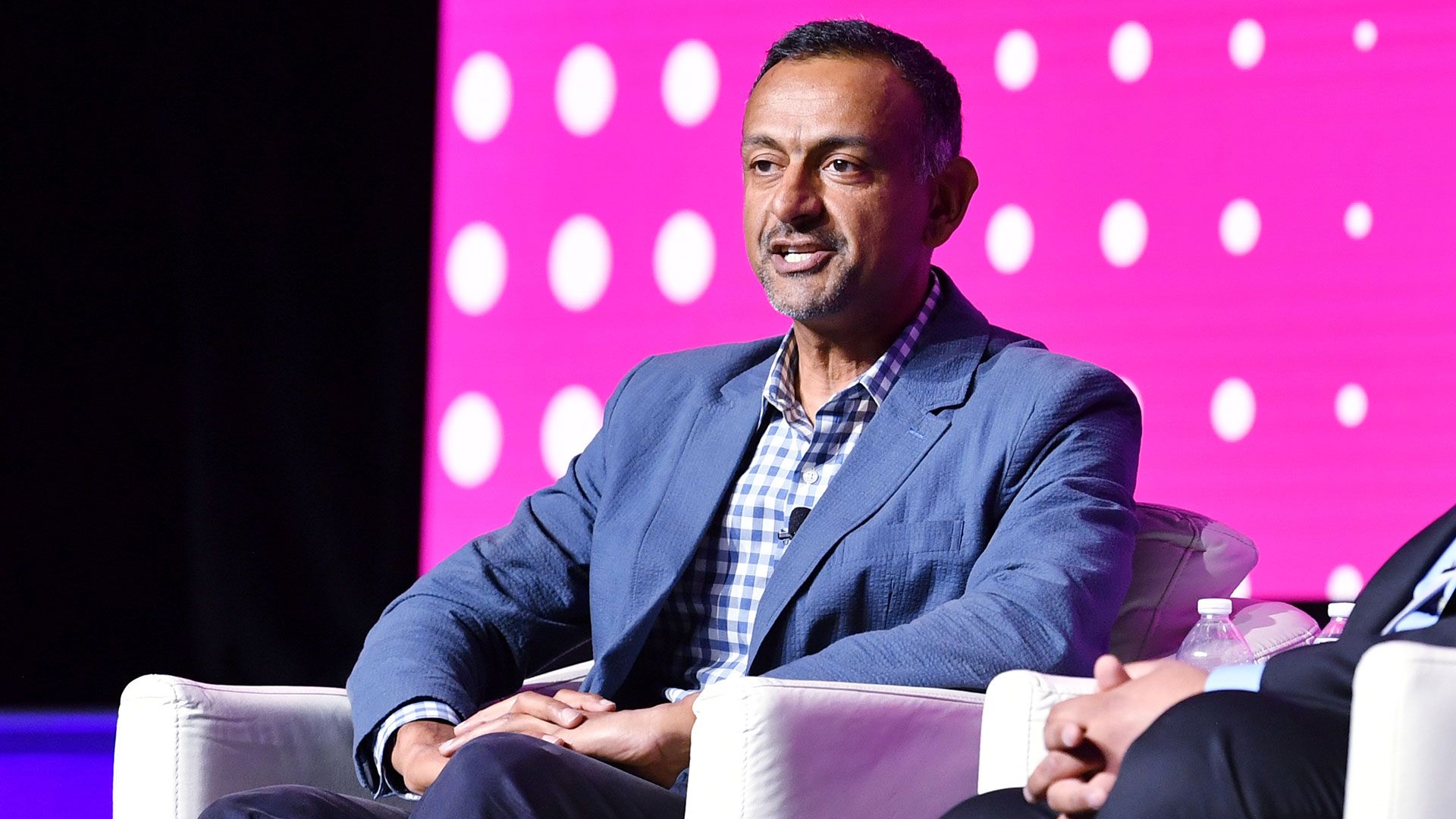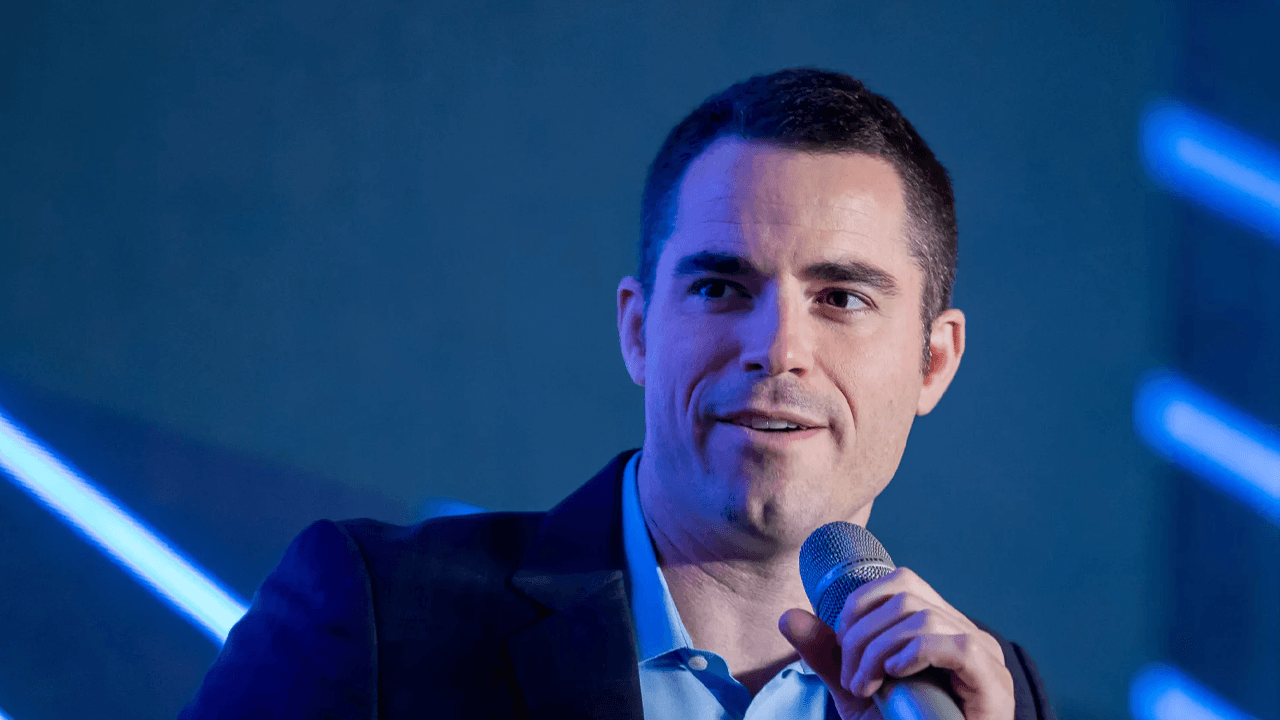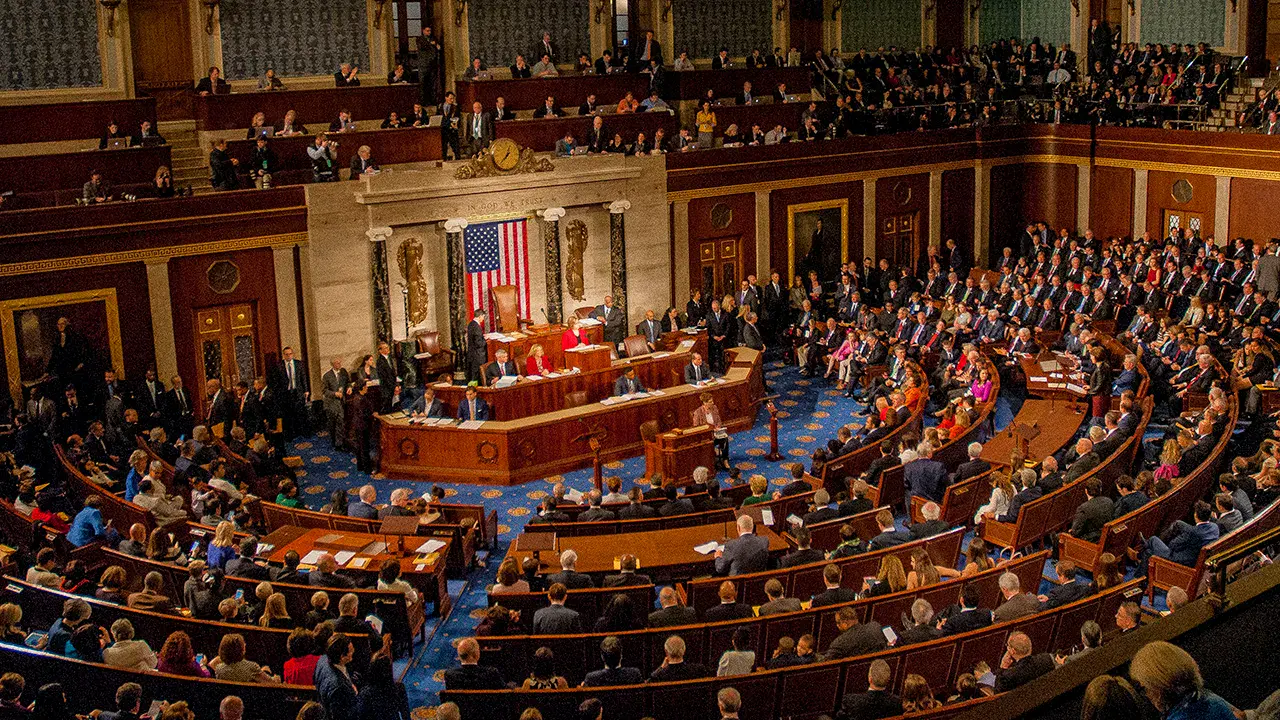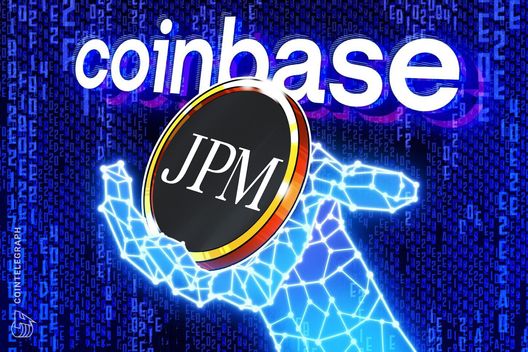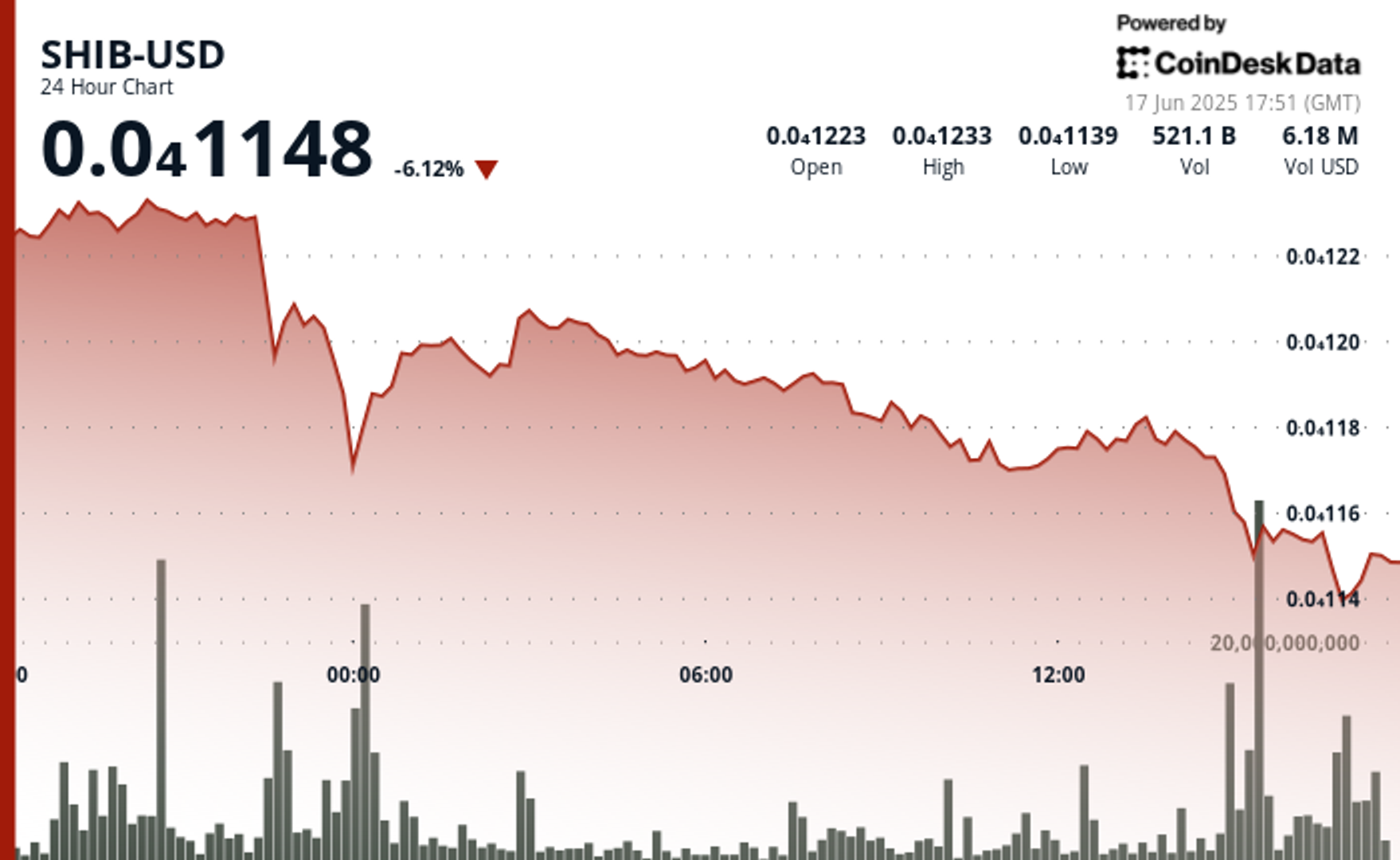Banzai’s $53M Act-On acquisition falls apart after funding collapses
Banzai International’s $53.2 million acquisition of Portland’s Act-On Software unraveled after the Seattle-area company’s funding fell through, a regulatory filing shows. The two Pacific Northwest marketing tech companies announced the acquisition in January. In an SEC filing, Banzai blamed “current market conditions” for its inability to complete the deal, while saying it had “worked diligently” to meet all closing conditions of the merger agreement. Banzai CEO Joe Davy informed Act-On executives on a June 5 phone call that one of Banzai’s expected funding sources had fallen through, leaving it unable to complete the deal, according to a June 6 letter… Read More


Banzai International’s $53.2 million acquisition of Portland’s Act-On Software unraveled after the Seattle-area company’s funding fell through, a regulatory filing shows.
The two Pacific Northwest marketing tech companies announced the acquisition in January. In an SEC filing, Banzai blamed “current market conditions” for its inability to complete the deal, while saying it had “worked diligently” to meet all closing conditions of the merger agreement.

Banzai CEO Joe Davy informed Act-On executives on a June 5 phone call that one of Banzai’s expected funding sources had fallen through, leaving it unable to complete the deal, according to a June 6 letter from Act-On CEO Kate Johnson, included with the Banzai filing.
“We are sorry that our relationship has had to end in this manner but Act-On was left with no other choice,” Johnson wrote in the letter.
The Portland Business Journal first reported the news.
In an interview with GeekWire on Monday, Davy said finding funding for the deal ended up being harder than anticipated, in part due to market volatility impacting smaller public companies such as Banzai.
“Both sides worked really hard to make it come together,” he said. “But we just kind of ran into headwinds along the way on the financing side.”
U.S. M&A activity fell in April amid concerns about tariffs and other economic uncertainties, according to a report from EY, though the report also noted that the tech sector “continues to demonstrate resilience.”
In an email to GeekWire, Johnson said Act-On made several accommodations from the original agreed-upon terms “but ultimately Banzai was not able to come up with their financing and we determined it was not in Act-On’s best interest to pursue the merger any longer.”
M&A deals typically have some twists and turns but this particular termination “is one for the record books,” said Diane Fraiman, managing director at Seattle’s Voyager Capital, one of Act-On’s investors.
“This one was just bizarre,” Fraiman said, adding that “it was very disappointing all around.”
Fraiman pushed back on the notion that market conditions caused the deal to fall apart.
“That’s not our analysis,” Fraiman said.
The acquisition, based on the original agreement, included $33.2 million in common stock shares and cash consideration of $20 million.

As a result of the termination, Banzai is liable for more than $1.38 million in payments to Act-On, according to the filing. That includes $500,000 to cover transaction expenses Act-On incurred while preparing for the merger, and more than $882,000 in interest and extension fees tied to one of Act-On’s outstanding debts that Banzai had planned to pay off as part of the deal.
It’s a blow to Banzai’s push to grow rapidly through acquisitions. The Bainbridge Island, Wash.-based company — a small but ambitious player in the world of marketing tech — has been aggressively acquiring digital tools in areas such as webinar production, video creation, and sales lead generation.
“It’s unfortunate,” Davy said. “We liked the Act-On business. We really loved the Act-On team and all the people there. We were excited about it.”
Davy previously told GeekWire that the company had a $100 million investment agreement with Yorkville Advisors to help fund acquisitions.
Davy said the company is still in “a very strong position” despite the deal termination.
“At the end of the day, it didn’t hurt the business,” he said Monday.
According to an SEC filing, the company had just $781,000 in cash on hand as of March 31, with more than $29 million in current liabilities, including convertible debt.
Banzai’s stock rose nearly 5% on Monday, to 61 cents a share, and nearly 10% more after-hours to 67 cents a share. That’s down from $2.24 on Jan. 30, a week after the Act-On deal was announced.
Banzai went public in 2023 on the Nasdaq. It has a market capitalization of around $12 million.

Founded in 2008, Act-On offers tools to help businesses generate demand and reach customers. Its customers include Hitachi, Best Buy, and Progressive Insurance.
Tech industry veteran Raghu Raghavan founded Act-On and stepped down as chairman and CEO in 2015. The company has more than 100 employees, most of whom had been expected to join Banzai following the deal.
Act-On raised more than $82 million from investors over its lifetime. In addition to Voyager, investors in Act-On included U.S. Venture Partners, Technology Crossover Ventures, Norwest Venture Partners, and Beedie Capital.
Johnson joined Act-On in 2015 and became CEO in 2018. She was expected to depart following the acquisition but said she’ll remain at the company for now.
Voyager’s Fraiman previously said the Banzai acquisition was expected to be a positive financial outcome for the VC firm.
Fraiman said Monday that the time and work that went into trying to make the acquisition work was “painful” — but the venture capitalist remains bullish about Act-On’s future.
“Hopefully somewhere down the road [we’ll] have another opportunity at another transaction, which is what we think is the right outcome for the company,” Fraiman said.
Davy had described Act-On as central to Banzai’s strategy of creating an integrated marketing platform, viewing the marketing automation company as a unifying “hub” that would connect Banzai’s various standalone tools. He had called Act-On “the most advanced marketing automation product in the market right now.”
The termination follows two other acquisitions by Banzai in recent months:
- The December 2024 purchase of OpenReel, a video creation platform, in a deal valued at $19.6 million in stock and warrants;
- The February 2025 acquisition of Vidello, a video marketing company, for as much as $7 million.
Banzai was launched in 2016 by former Avalara employees, initially offering an on-demand platform for inside sales and marketing. The company, which went public through a SPAC merger in late 2023, employed 28 people as of the end of 2024.
The company reported a $3.6 million loss in the first quarter of 2025, despite tripling revenue year-over-year to nearly $3.4 million.
Earlier on Monday, Banzai named Michael Kurtzman its chief revenue officer, effective June 16. He will lead operations and oversee customer-facing teams across the company’s suite of video and webinar products, including Demio, CreateStudio, and OpenReel.
















